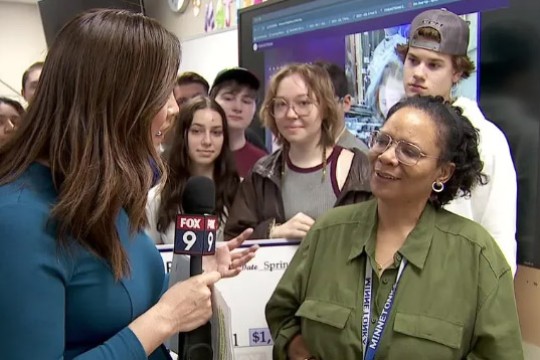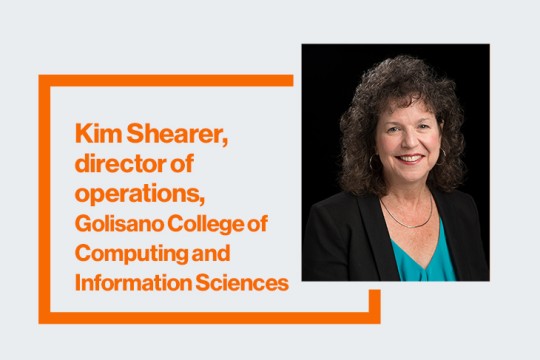Research Investigates Prevalence of Media Education in Rochester-Area Schools
Study looks at variety of and funding for media literacy programming for K-12 students
A new study of Rochester area schools by Lydia Palmer, a Penfield resident and master’s student at Rochester Institute of Technology, shows that while most schools offer some form of media education programming, implementation and oversight are erratic.
In addition, teachers are generally interested in increasing media literacy programming but funding and assistance from the administration are key limiting factors. There is also a lack of training for teachers conducting media literacy courses.
Palmer, a communication and media technologies major in RIT’s Department of Communication, conducted interviews with staffers and educators at Rochester schools spanning 16 grades in three levels—elementary, middle and high school.
“This research project came out of my own concerns, as the mother of a school-age child, surrounding the level and quality of media education available in our schools,” Palmer says. “With the explosion of the Internet and other media in children’s lives, it is imperative that students have both a strong technical understanding of media tools and the knowledge to understand the messages being produced and disseminated.”
Palmer’s recommendations to improve media education include selecting a single individual at each school to coordinate programs, expanding library media programs in consort with classroom efforts and developing comprehensive metrics to evaluate success of media literacy efforts.
She hopes the data will assist Rochester-area schools in improving media education curricula while also informing additional studies on the implementation of media literacy programming in K-12 education.
“Media literacy is already an important component of most educational institutions, but the quality and consistency of programming varies widely,” Palmer notes. “It is my hope this study will help inform policy and curricula decisions surrounding media education funding and development both in Rochester and throughout the nation.”














